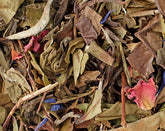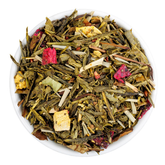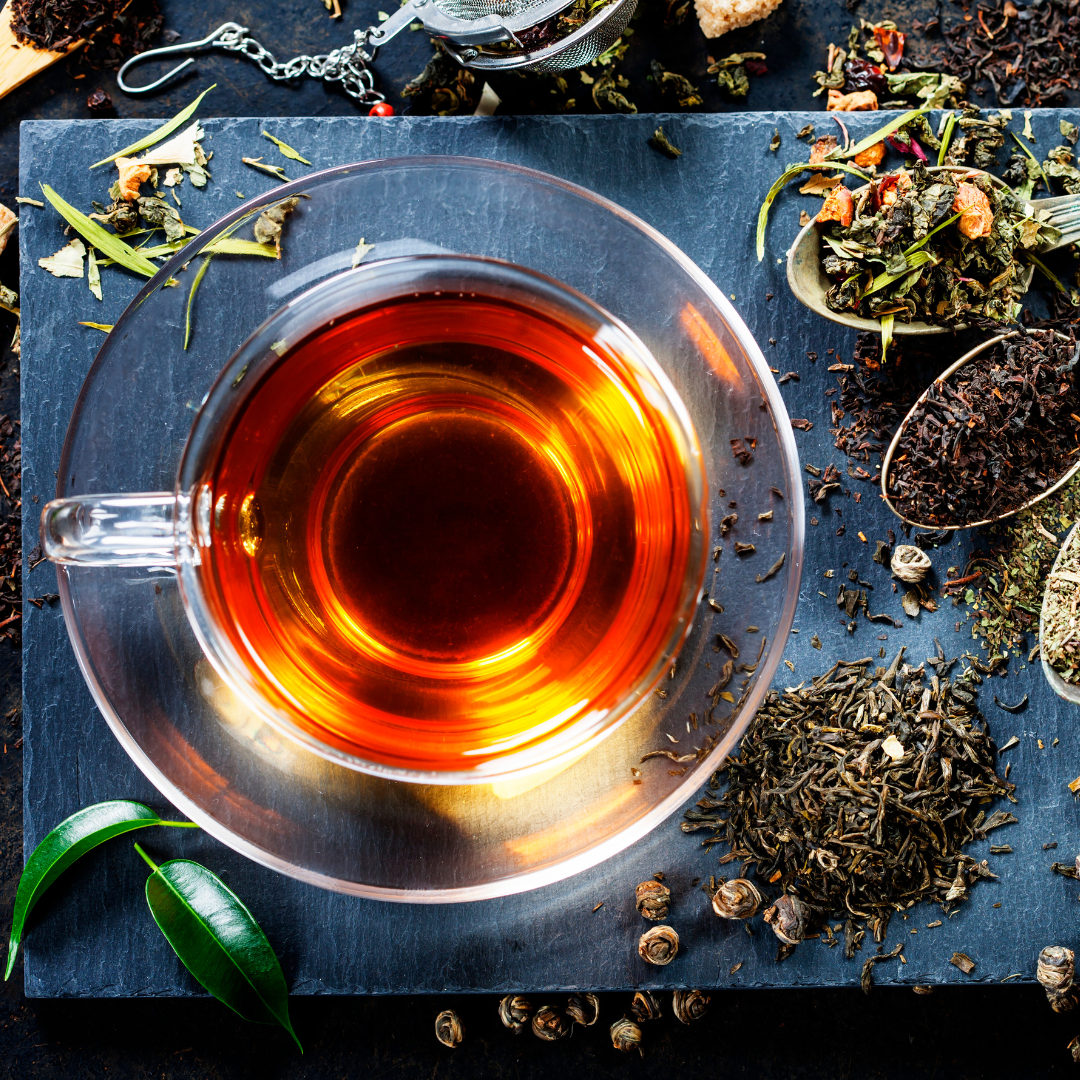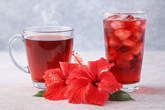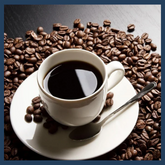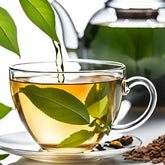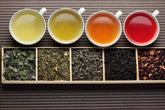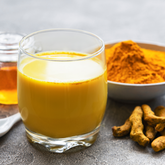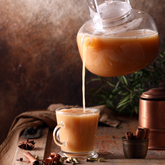Several daily newspapers in the UK and elsewhere carry reports this week of a study commissioned by the Direct Line insurance company that suggests a cup of tea reduces stress, not just by drinking it but also because of the calming effect of the ritual of putting the kettle on.
The research was conducted by Dr Malcolm Cross and Rita Michaels, psychologists at the City University London, and while an executive summary is available online, there is no mention of whether the study will be peer reviewed or published in a journal.
Cross and Michaels wrote that their intention was to “measure and better understand how effective tea might be for inducing calm during a episode of anxiety” and beyond that they also wanted to explore how the ritual of tea-making affects stress.
In their background information, they referred to literature that suggests drinking tea is associated with positive mood and feelings of relaxation, that its chemical properties have been linked with making the brain more alert and helping people recover from stress, and that it has benefical effects on the cardiovascular system.
For the study they did two things, one to get some measurements and the other to get some descriptive or qualitative results. In both cases they used the same 42 volunteers (21 men and 21 women). First the volunteers underwent a “before and after” experiment, and then they talked about tea and their experience of it in small focus groups.
For the experiment, Cross and Michaels put the 42 volunteers into two evenly-sized groups: a tea group and a non-tea group, and then asked them to complete two widely used and validated psychological tests, the Spielberger test and the State-Trait Anxiety Inventory for Adults (STAIA). These assessed each person’s anxiety level at the time (their “state”) as well as his or her general tendency toward anxiety (“trait”).
The participants then completed a stress-inducing mental task that had to be done by a certain time (called the “d2 Test of Attention”). The test involves looking for instances of the letter “d” in a passage of text and then crossing it out or not, depending on marks above and below it.
The stress comes from the short time you have to complete it and also from the fact that the letter “p” (which to the eye looks like a “d” upside down, so it rests on it for a split second) is scattered throughout the text as well, sometimes with marks and sometimes not.
After the stress test, the volunteers in the tea group were given a cup of tea and the volunteers in the non-tea group just had a glass of water. Both groups then completed the anxiety questionnaire again (just the state measure, not the trait one).
After the experiment, Cross and Michaels invited the volunteers to take part in focus group discussions and answer questions from which the researchers could evaluate “the emotive significance and impact of making tea for participants”.
The researchers also asked them in general terms what tea meant to them, what it made them feel, and why.
The researchers found that:
- There was no significant difference in anxiety between the two groups before the mental stress task.
- However, afterwards, the differences were “significant and marked”.
- The non tea group (that drank only water after the task), showed a 25 per cent increase in anxiety level after the task.
- This compared with a 4 per cent decrease in anxiety level in the tea-drinking group.
- The comments made in the focus group discussions “confirmed that the ritual of making and consuming tea does make an important contribution to the overall effect of mediating stress”.
- In the focus group and qualitative assessment, participants said they felt more relaxed when having tea, and tended to explain this with a sense of “partition”, where there is an “end” or a “break” from a preceding period of anxiety.
- One volunteer said that tea created a “chill-out moment”, which helped them “draw an line under” their stressful experience.
- Others said they deliberately used tea to cope with stress, for instance when preparing for a job interview, or to relax after a stressful journey.
- Some members of the tea group said the act of having tea made for them (eg after the stress task) was linked with feelings of communality and solidarity; they felt “looked after”, and “cared for”.
The researchers said that the fact that the anxiety level in the tea drinking group actually fell below their pre-task level showed two things: tea not only relieved the anxiety of the task itself, but it also made the participants more relaxed than they were before they did the task.
They said they also noticed a difference in social behaviour between the tea group and the non tea group when they took their drinks after the stress task. The non tea group drank their water in silence, while the tea group chatted amongst themselves. They wrote that:
“The tea appeared to catalyse conversation, and helped build rapport both between the participant and tea-maker (research assistant) and amongst the wider group.”
Amongst their concluding remarks, Cross and Michaels wrote:
“The present study shows that during periods of stress tea’s reputation for inducing calm extends beyond the effects of its physical properties on our bodies and brains.”
They wrote that it is not just the chemical properties of tea, but also what it means in our culture, and in Britain in particular, to drink tea in company as a social thing and also as stress coping mechanism, that affects our psychology.

